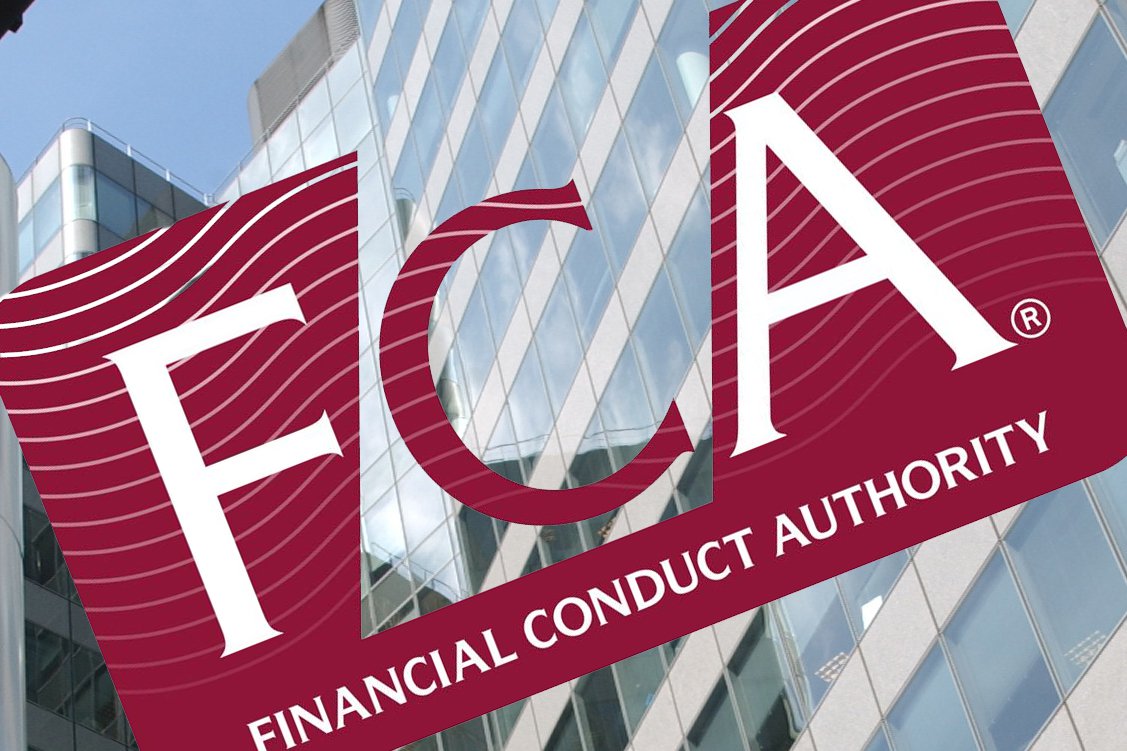By Ailsa Craig and Marek Poszepczynski, fund managers at International Biotechnology Trust
There are many ways a biotech company can succeed, but there are many more ways it can fail. Since most early-stage drug development projects will unfortunately fail, investors need to be able to spot the substandard ones and, crucially, avoid the mediocre ones that can linger on to become costly lessons.
Given the lack of reliable, publicly available information on clinical trials, this is not easy. Recent high-profile examples have shown biotech companies often present clinical data and regulatory interactions through biased press releases, with an emphasis on positive news.
Hence, navigating the path from lab bench to marketed therapy is a complex process that requires industry-specific skills – and it is important to accept many outcomes are unpredictable.
Dangerously deceptive
Each stage of drug development presents a binary outcome – pass or fail. Once a concept passes the pre-clinical stage – typically involving test-tube or animal experiments – it is subject to a series of human clinical trials. The first clinical phase evaluates safety, while phase two looks at efficacy and dose finding and, ultimately, phase three establishes confirmation and comparison to existing treatments.
At each stage, unless the results are undeniably negative, it is common practice for biotech companies to disseminate the outcome in a glossy, optimistic press release. This can fuel the excitement of non-specialist investors and stoke the hype around a company – long before a final decision is taken about the drug.
Following a phase three success, companies file the drug with the regulator, to be approved or rejected – another binary event. In the US, the Food and Drug Administration (FDA) process is notoriously opaque. All communication between the company and the FDA becomes confidential – even the wording of the ultimate decision and the date of the final outcome. This enables companies to present their journey through the process in the most positive light.
By predicting when each of these binary events will occur, closely monitoring all communications and analysing the publicly available information, we can establish whether the stock represents a good investment opportunity. An important aspect of the analysis is to understand the nuances of the disclosures. For example, many companies issue press releases about interactions with the FDA without including the FDA’s statements, resulting in a one-sided perspective.
If the clinical data released to the public lacks detail, it is possible uncomfortable inconsistencies in the data or stipulations from the regulatory agencies may have been brushed aside. It takes years of expertise to spot what is not said, rather than being distracted by the optimism in what has been written.
As a result, we tend to take a neutral position on upcoming binary events. Clinical trial outcomes are largely unpredictable and the majority are already priced in, with the general public struggling to comprehend the results and read between the lines.
High-stakes game
The beginning of 2021 has been littered with high-profile stock ‘blow-ups’ that may have been more widely anticipated if full agency disclosure had been publicly available.
In early April, Acadia Pharmaceuticals received a Complete Response Letter from the FDA, which decided it would not approve the company’s dementia-related psychosis drug for marketing in its present form. It appears Acadia had not been in total agreement with the FDA on clinical data requirements for the drug, and the best-case scenario is now a delayed approval.
In another example, FibroGen was forced to retract some previously publicly presented phase three statistical data for the drug Roxadustat – but the information it presented to the FDA remains unknown. In both instances, management credibility and share prices plummeted.
Probably the largest upcoming binary event is the decision whether to approve Biogen’s Alzheimer’s drug aducanumab, expected between now and the deadline in June. Analysts believe the stock could surge should the drug receive approval. Last November, the Biogen share price spiked as investors mistakenly understood approval to have been given, and fell considerably when it became clear this had not occurred.
This case bears all the hallmarks of the hype that arises when discussions between a company and regulator take place behind closed doors. We are not attempting to second guess how the discussions may play out and how undisclosed data may have been weighted by the FDA. Therefore, we are holding Biogen at a neutral weighting versus the NASDAQ Biotechnology Index.
It is impossible to accurately predict the outcome of this event at Biogen, or any similar. While the optimism fuelled by the societal need for a therapy to treat such a devastating disease is tangible, and pressure on the FDA to grant approval is immense, the outcome remains a known unknown.





